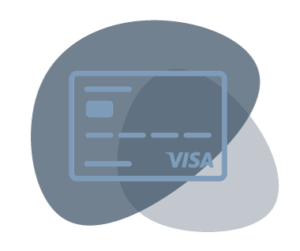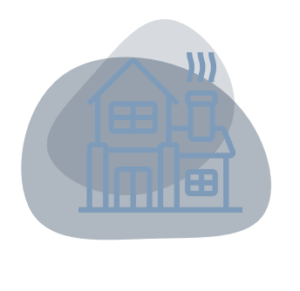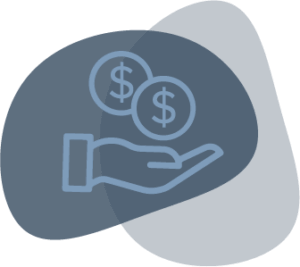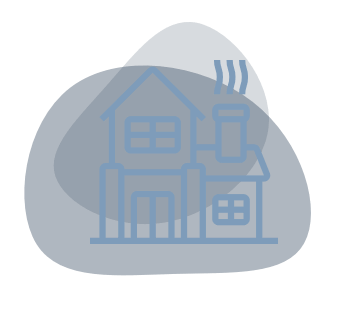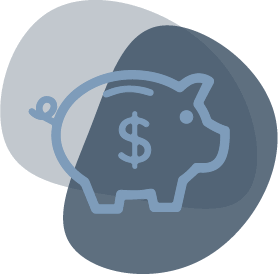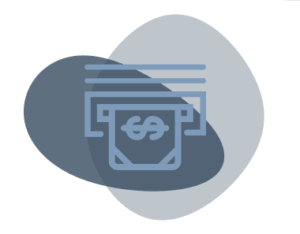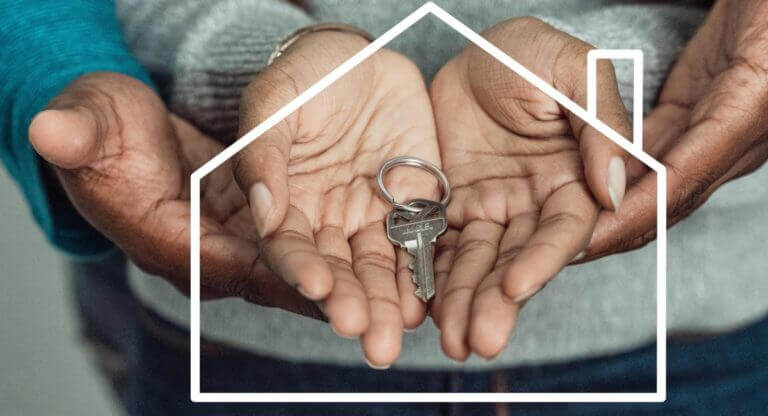Big changes in the housing market last year provided good news to existing homeowners while presenting a challenge to consumers in the housing market.
According to a Washington Post interview with the National Association of Realtors (NAR), home sales set records last year, due in part to the pandemic. From small apartments in the city primarily used to offer respite from the hustle and bustle to condos positioned in multi-family buildings, folks are now seeking single-family homes to accommodate lifestyle changes brought on by the pandemic. Final data for 2020 is still pending, but the trade association for real estate agents estimates new home sales rose 20 percent over 2019, and NAR predicts new home sales will increase by 21 percent in 2021.
The increase in consumers looking to purchase a home means a decrease in the supply of houses available to sell. At the same time, rates on mortgage loans reached historical lows in 2020. Those two factors combined to cause a rise in the cost of homeownership.
According to an article by The Ascent, the median price of an existing home in June 2020 was $295,300, or 3.5 percent higher than during the same time period in 2019. This increase in home value is great news for existing homeowners, as it has boosted their wealth accumulation. However, this trend also reveals a decline in housing affordability and could significantly limit achieving the American dream of homeownership for communities of color and young adults if the affordable housing supply is not increased.
Preparing to purchase a home
If you are someone preparing to enter the housing market, here are a few suggestions from The Mortgage Reports to help you prepare for this monumental purchase:
- Check your credit – Consumers should check their credit at least 6 to 12 months before they consider purchasing a house to allow time to mediate a low credit score if necessary. Your credit score determines eligibility for a mortgage and influences your rate. Most mortgage programs require a minimum credit score between 580 and 620.
- Save money – Common advice is to pay a 20 percent down payment for a home to avoid paying mortgage insurance. But even if you decide to take the mortgage insurance option, most mortgage programs require a down payment of 3 to 5 percent. It is important to remember that the consumer is also responsible for closing costs, or roughly 2 to 5 percent of the loan amount.
- Determine your budget – It is important to understand how much house you can reasonably afford before starting to look. Before meeting with a mortgage lender, use an online mortgage calculator to estimate affordability. Once you know how much you can afford, be sure to also calculate how much you will need to have on-hand as a down payment.
- Do not rush – Buying a home is a huge decision, and one that should not be rushed. If you move too fast, you could overlook vital steps that could save you money, including home inspection and comparison shopping. Do not end up with a fixer-upper when you thought you were buying a turn-key home!

